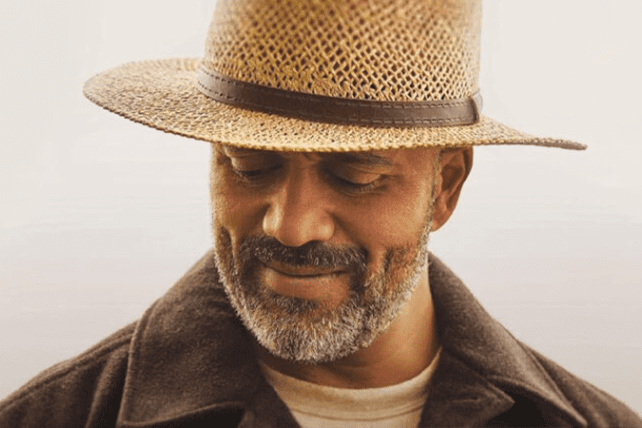(RNS) — It all started when Carlos Whittaker received that perky Sunday morning iPhone notification summarizing his time spent on his handheld screen in the past week.
Seven hours and twenty-three minutes on average per day.
Whittaker, an author and former worship pastor, did some quick math and realized that number translated to nearly 100 full days a year. If he lived to be 85, he’d have spent a decade looking at his phone. While most of his work centers around his social media community, his “Instafamilia,” he knew something needed to change.
Whittaker messaged Daniel Amen, a psychiatrist with nearly 3 million followers on TikTok, earning him the nickname, “America’s most popular psychologist.” How much time, Whittaker wanted to know, would he need to take away from all digital devices to effect real change in his brain. Amen quoted him close to two months.
Using a screen-free Sony camera to document the journey, Whittaker ditched his phone and spent two weeks with Benedictine monks in the California desert, two weeks working on an Amish farm in Ohio and three weeks with his family, both at home in Nashville and on a trip to Yellowstone, all free from any connectivity.
From his experience came a new book, “RECONNECTED: How 7 Screen-Free Weeks with Monks and Amish Farmers Helped Me Recover the Lost Art of Being Human.” RNS talked to him about his journey and his book. This interview has been edited for length and clarity.
You got your start as a worship leader for churches like Hillsong. How has your worship evolved over the years?
For a long time, I was a “professional evangelical.” I went from worship pastor to signed worship artist, touring and playing shows. Now, I rarely even speak in churches anymore. I just love going to church with my family now. Worship looks like what I’m doing now: worshipping with people that don’t believe like me, holding my own and having a blast doing it.
Your ah-ha moment came when you saw how much time you were spending on your phone. But why a desert with Benedictine monks? Why Amish farmers?
I started multiplying the seven-plus hours I was spending, and realized that’s two cycles of the sun a week. Once I made the decision to not look at screens, I thought of places without them: the Benedictine monastery in the high desert of Southern California. My wife’s father was a volunteer in the ’80s and ’90s there, so she made an intro for me. A friend of mine married a former Amish guy, so they were my connection to the sheep farming family in Mount Hope, Ohio. Then I moved back home for three weeks — I mean, anybody can do this with monks and the Amish, but can I do this around my family in Nashville?
How did unplugging impact your spirituality?
It really disturbed and disrupted it. I realized how much (focus) I place on random pastors’ YouTube sermons and podcasts. I was constantly filling my mind with content, but when all that went away, it was just me and my mind. God got really tangled up. The first week at the monastery was like a massive deconstruction and reconstruction in seven days. I had some very deep conversations with monks that shook up my faith a lot and then got to build it back.
When I look at my faith, when I am just consuming, consuming, consuming on all of these devices, that builds a box around who God can be. God got way bigger than I think I had ever pictured he was going to get.
What did wellness look like for you in the seven weeks? Did you pick up any new exercise or spiritual habits?
Savoring is something that I never thought about as a spiritual practice, but I realized pretty quickly that I’ve stopped savoring anything, because we get things so quickly. Multitasking is the worst thing to ever happen to us. I drank coffee out of ceramic mugs for eight straight weeks. It just tasted better. I was able to savor it. Now when I go to a coffee shop, I never get my coffee to go. I’m like, if I don’t have four minutes to sit and savor, you know?
I’d say the second thing is just slowing down. If there’s one thing the monks taught me, it’s to move at what I call God speed.

